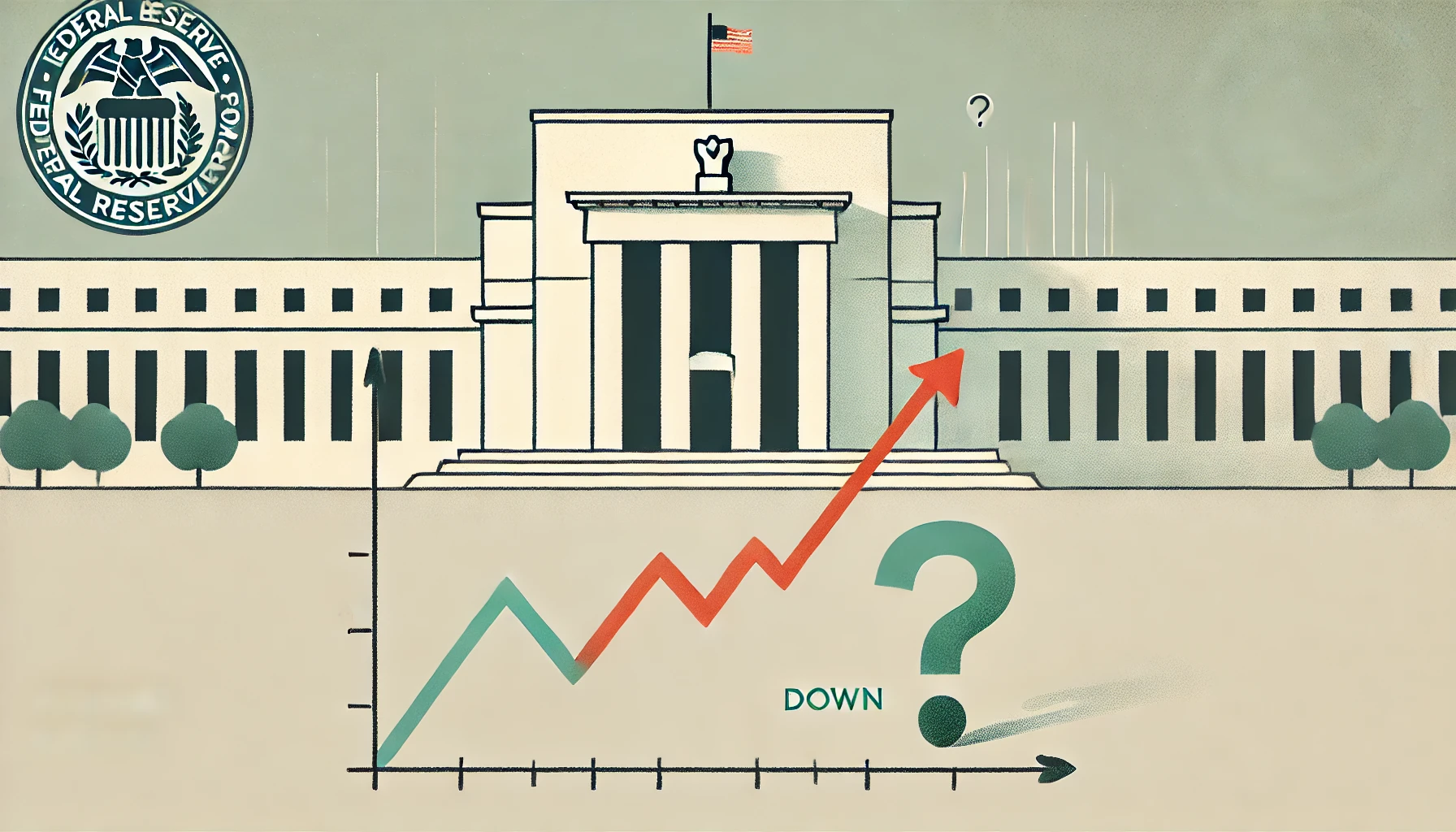As the global economy navigates a delicate balance between inflationary pressures and growth, all eyes are on the Federal Reserve's next move. With increasing speculation that the Fed might cut interest rates by 25 basis points (bp) in the coming month, investors are left wondering what this might mean for the stock market. While rate cuts typically bring optimism, there’s a growing argument that this time, the impact might not be as straightforward.
The Traditional Market Reaction to Rate Cuts
Historically, a cut in interest rates by the Federal Reserve is seen as a bullish signal for the stock market. Lower borrowing costs typically lead to increased corporate investments and consumer spending, which can drive up company earnings and, consequently, stock prices. Growth sectors like technology, which rely heavily on future earnings potential, often benefit the most in such an environment.
Moreover, lower rates reduce the discount rate used in valuation models, making equities more attractive relative to bonds. This effect can trigger a rally, particularly in high-growth stocks where the majority of value is based on future cash flows.
The Hot Money Factor: A Double-Edged Sword
However, there’s another side to this coin—one that you, as an investor, have rightly pointed out. The term "hot money" refers to speculative capital that moves quickly across borders, chasing the highest returns. When U.S. interest rates are high, hot money flows into U.S. markets, attracted by the superior yields. Conversely, when rates are cut, this capital can quickly exit, seeking better returns elsewhere.
A potential 25 bp rate cut might lead to such an outflow, as investors look to park their money in markets offering higher interest rates or greater growth potential. This outflow could weaken the U.S. dollar and reduce demand for U.S. assets, including stocks. The result? A contraction in stock market valuations, particularly in sectors that are heavily reliant on foreign investment.
The Market Has Already Digested the Information
It's important to note that recent data showing lower inflation has already bolstered market confidence that the Fed will cut rates in September. This expectation has been reflected in a market boost over the past few days, suggesting that much of the potential positive impact from a rate cut is already priced in. In other words, the market has likely digested this information, which means that the actual rate cut may not have as dramatic an impact as some might expect.
When markets anticipate a move by the Fed, they often react in advance, leading to what's known as "buy the rumor, sell the news." This phenomenon can result in muted reactions or even a slight pullback once the anticipated action is officially announced, as investors who have already positioned themselves for the rate cut may begin to take profits.
Volatility Ahead?
While the immediate reaction to a rate cut might be a rally in the stock market, the longer-term impact could be more nuanced. Increased volatility is a likely outcome, as the market grapples with the implications of capital outflows and a potentially weaker dollar. Investors may become more risk-averse, leading to fluctuations in stock prices as they reassess the risk-reward profile of U.S. equities.
This potential for increased volatility is compounded by the global economic context. With other central banks, particularly in emerging markets, potentially offering more attractive returns, the U.S. stock market could see reduced inflows from international investors, further dampening the market’s performance.
Betting on a Shrinkage
Given these dynamics, your bet that the stock market could shrink slightly after a rate cut is not only plausible but grounded in sound economic reasoning. While rate cuts are generally seen as a stimulus, the unique circumstances surrounding this potential cut—particularly the risk of hot money exiting U.S. markets and the fact that the market has already priced in much of the expected move—could lead to a more subdued or even negative reaction in the stock market.
In conclusion, while many market participants may welcome a rate cut, it's essential to consider the broader implications. The movement of speculative capital, shifts in global interest rates, and investor sentiment will all play crucial roles in determining the actual impact on the stock market. As always, staying informed and considering both sides of the equation will be key to navigating these uncertain waters.
References
- Morgan Stanley. "Fed Interest Rate Cut Likely in September 2024." Morgan Stanley.
- Kiplinger. "Fed Holds Rates Steady, Eyes Three Cuts in 2024: What the Experts Are Saying." Kiplinger.




